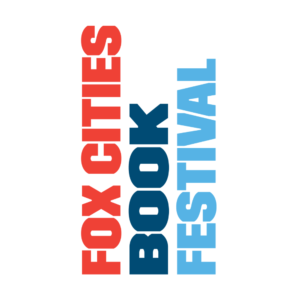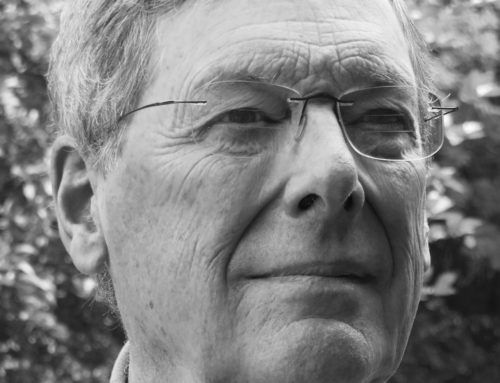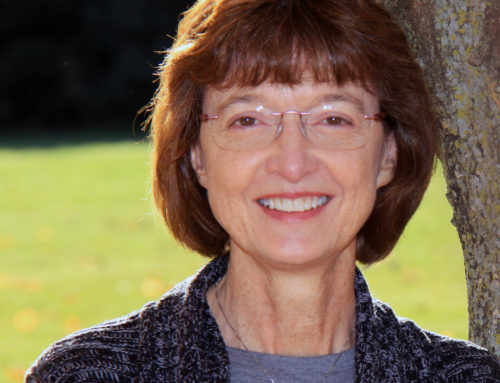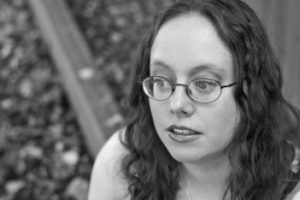 Sarah Read is a dark fiction writer. Her short stories can be found in Gamut, Black Static, and many other literary journals. Her work is also featured in various anthologies, including Exigencies, Suspended in Dusk, and BEHOLD! Oddities Curiosities and Undefinable Wonders. She is the Editor-in-Chief at Pantheon Magazine, and she is an active member of the Horror Writers Association. Sarah just recently relocated to Wisconsin from Colorado. When she’s not staring into the abyss, she knits.
Sarah Read is a dark fiction writer. Her short stories can be found in Gamut, Black Static, and many other literary journals. Her work is also featured in various anthologies, including Exigencies, Suspended in Dusk, and BEHOLD! Oddities Curiosities and Undefinable Wonders. She is the Editor-in-Chief at Pantheon Magazine, and she is an active member of the Horror Writers Association. Sarah just recently relocated to Wisconsin from Colorado. When she’s not staring into the abyss, she knits.
Fox Cities Book Festival 2018 welcomes Sarah Read. She’ll be giving two presentations on submitting short stories for publication and the mechanics of short story writing, in addition to participating in a panel on the horror genre. We asked her some questions about her writing process and style, and here is what she had to say:
When did you start writing, and who/what inspired you to do so?
I don’t remember a time when I wasn’t writing stories, but I do remember the first time I realized that other people might like reading them. I was in sixth grade and we had to read some of our work out loud. My class enjoyed my writing and my teacher encouraged me to write more and even helped me submit my work to some children’s magazines. I’m pretty sure the postage for my submissions came out of his own pocket. His encouragement made a big difference.
What interests you most about the genres of horror and dark fiction?
I enjoy the mechanics of sustaining tension. It’s like keeping a soccer ball in the air—a fun sort of psychological juggling. But emotionally, I think horror serves an essential purpose. We can’t learn to cope with feelings we never experience. We need to build the neural pathways that help us function under stress. Ideally, we should do that in a safe environment—like curled up in our favorite chair with a cup of tea and a terrifying book.
We know that reading increases a person’s ability to be sympathetic and empathetic, and horror is, as Joe Hill puts it, “rooted in sympathy”. All the anxiety we experience when reading dark fiction, horror, and thrillers is centered around the fact that we want very much for the character to be okay. We want them to be safe or get what they need. But we can’t do anything to help. All we can do is turn the page.
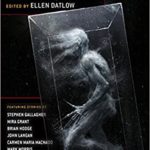 The way you use a setting to establish an eerie and tense narrative is mesmerizing. How do you come up with such riveting settings, and what is your process when you’re painting a picture of them on the page?
The way you use a setting to establish an eerie and tense narrative is mesmerizing. How do you come up with such riveting settings, and what is your process when you’re painting a picture of them on the page?
Well, thank you for your kind words! Setting is very close to my heart. I fall in love easily with places and spaces. I feel the setting of a story should be its own character. It should have a subtle agency, almost sentience. Does a haunted house know that it’s haunted? Is it complicit in the haunting or is the house on your side? The setting of a story also allows for great opportunities to introduce new obstacles for your characters and therefore more tension. Take Poe’s “The Cask of Amontillado.” Set in a catacomb, getting walled in brick by brick—lovely and spooky and definitely classic. But tell the same story, only set it in the suburbs, in a freshly renovated nursery. Ratchet up the anxiety. Setting is a tool in the writer’s toolbox—one that’s endlessly fun to play with.
How do you deal with writer’s block?
I think writer’s block is all a part of the writing process. You have to give the well time to fill. I think the times when we can’t write are when we have to live and observe and experience, so that when we go back to writing, we have something to write about. But don’t confuse writer’s block for lack of motivation. I’ve heard a lot of young writers say that they have writer’s block because they don’t feel inspired. Inspiration isn’t a feeling, though. Being inspired isn’t passive, it’s active. It takes work.
What is the process of writing a novel like? How does it differ from the process of writing short fiction?
A few years ago, I didn’t think I would ever write a novel. I thought I was a short story writer. And that was it. I was totally fine with that. I would sit down to write a novel, and it would end up a short story. Now I’m writing my third novel. It was supposed to be a short story. At one point, I might have tried to fit that idea into a short story format. It probably would not have worked very well. As I was jotting down my ideas, my list of “what ifs” grew longer and longer. I kept thinking, “and then this could happen, but what if…,” and then I realized I was outlining a novel, not a story. I have a trunk full of failed short stories that I revisit from time to time, and I’ve spotted a few that I think failed because they were really meant to be novels. I was trying to shove a balloon into a matchbox.
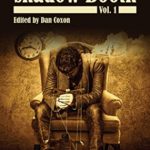 I think writing novels in horror is quite tricky, because that’s a long time to keep that soccer ball of tension in the air. You need a situation that’s complex enough to stretch over a broad story arc. Your concept needs to be bigger. Your characters need to be engaging enough that the reader wants to spend hundreds of pages getting to know them—and watch them struggle. Where you might have been impressionistic in your details for a short story, revealing a scene with a few quick brushstrokes, you can paint the whole picture in a novel. The pace and the way the passage of time feels is different.
I think writing novels in horror is quite tricky, because that’s a long time to keep that soccer ball of tension in the air. You need a situation that’s complex enough to stretch over a broad story arc. Your concept needs to be bigger. Your characters need to be engaging enough that the reader wants to spend hundreds of pages getting to know them—and watch them struggle. Where you might have been impressionistic in your details for a short story, revealing a scene with a few quick brushstrokes, you can paint the whole picture in a novel. The pace and the way the passage of time feels is different.
If that all sound a bit chaotic, it’s because I’m still learning the difference myself. When I first get an idea, I don’t know which it will end up being. It’s when I start to map it out and outline things that I learn if the concept has enough meat on its bones to keep me busy for the long term.
What advice do you have for aspiring writers?
It may be cliché, but—keep writing. Keep trying. Good writing takes practice, and that means a lot of bad writing on your way there. Give yourself permission to write terribly while you learn. Don’t let rejections get you down and don’t take them personally. Don’t be overly precious about your work. Accept edits gracefully. And don’t be a jerk to other writers or editors.
As for dark fiction specifically—I encourage people to remember that readers (most, anyway) don’t read dark fiction to wallow in misery. Dark fiction doesn’t work without hope, and it fails without empathy. Give your readers lots of both—so make sure you have lots of both, yourself, to give. When you need a refill, go and read widely across genres, cultures, and perspectives.
Thank you so much for your time, Sarah. We are so excited to have you at the 2018 Fox Cities Book Festival! What can we plan to hear about during your presentation?
Thank you so much for having me here! I’m also very excited for the festival. I’ll be doing three presentations.
On October 8th at 6:30pm, at Kaukauna Public Library, I’ll be talking about how to submit your short fiction to literary magazines. I’ll be giving a behind-the-scenes editor’s perspective about what we look for when selecting work for publication and what you can do as a writer to stand out in the submission pile.
On October 10th at 6:30pm, at The Book Store in Appleton, I’ll be talking about the mechanics of short story writing. I’ll talk about structure and technique and how it’s the perfect format for breaking all the rules.
On October 13th, at Kaukauna Public Library, I’ll be a member of the Horror Writing Panel, where a great group of horror and dark fiction writers will discuss the hows, whys, and whats of our lovely genre.
To learn more about Sarah Read, and to read some of her work before this year’s festival, please visit her website, follow her on Twitter, and keep an eye out for her new novel, The Bone Weaver’s Orchard, coming early 2019.

